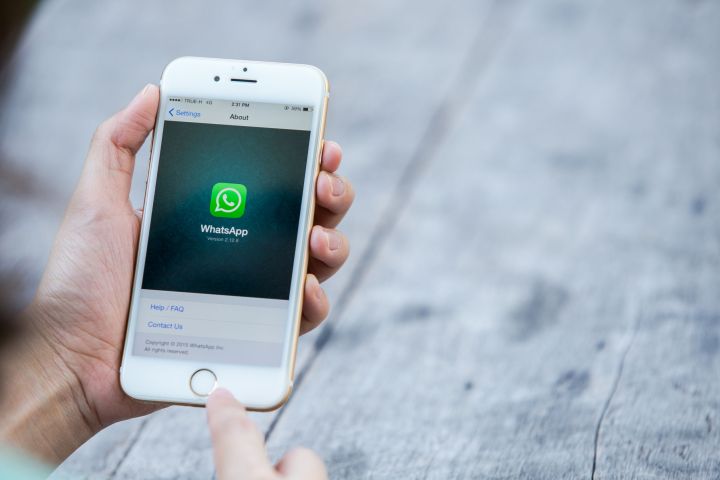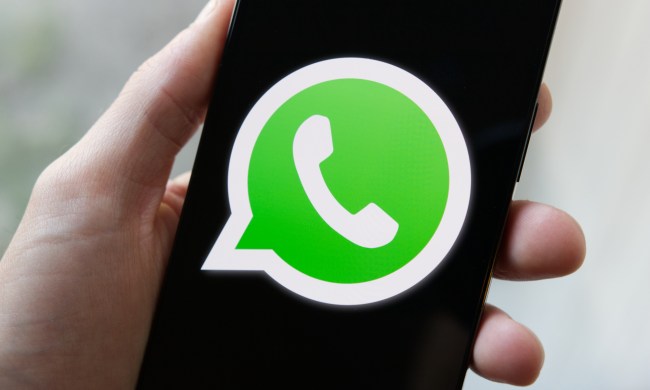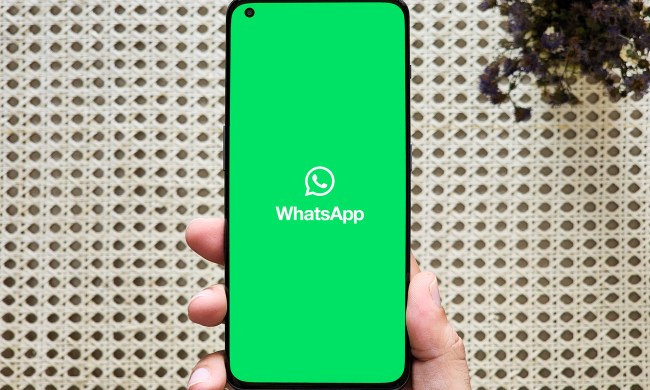
The penalty concerns the linking of Facebook and WhatsApp accounts. When filing for the acquisition, Facebook stated to members of the European Commission, the group responsible for maintaining fair competitive practices in the region, that it would not be possible to automatically match user profiles on the two platforms.
According to the Commission’s statement, the technical possibility did exist back in 2014, and Facebook was aware of it. Two years later, the social media giant enabled the feature.
The Commission said it could and would have fined Facebook more, but the company has cooperated with the investigation thoroughly and admitted fault. The penalty has no bearing on the merger.
By cooperating with the European Commission, Facebook saved itself from being fined roughly another 140 million euros, which would have represented one percent of its revenue.
“Today’s decision sends a clear signal to companies that they must comply with all aspects of EU merger rules, including the obligation to provide correct information, and it imposes a proportionate and deterrent fine on Facebook.” said Margrethe Vestager, a member of the commission responsible for competition policy. “The Commission must be able to take decisions about mergers’ effects on competition in full knowledge of accurate facts.”
This news follows Facebook coming under scrutiny earlier in the week from Dutch and French officials for not being transparent about its collection of data, as well as how that data is used and provided to advertisers.
France’s privacy commission handed Facebook a small fine amounting to 150,000 euros, or $167,000, after the company was found to have collected “a massive compilation of personal data” for targeted advertising without users’ knowledge. The Netherlands’ Data Protection Authority is weighing a penalty as well, but has noted the company has so far cooperated with orders to end specific data collection practices.

